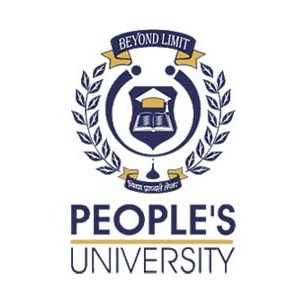When we talk about the ever evolving landscape of education, where knowledge is not just about memorising facts but about understanding and applying concepts, critical thinking stands out as a foundation of effective learning. In the 21st century, change is the only constant. Technological advancements, globalisation, and socio-economic shifts continuously reshape our society and workforce. In such a dynamic environment, rote memorisation of facts becomes outdated. What holds true value is the ability to adapt, think critically and innovate. Critical thinking empowers students to become agile learners, capable of embracing change and thriving in diverse settings.
In the digital age, we are overloaded with information from various sources. The ability to discern credible sources, sift through vast amounts of data and separate fact from fiction is essential. Critical thinking empowers students to become discerning consumers of information, equipping them with the skills to evaluate sources critically, detect bias and distinguish between reliable evidence and misinformation. In an era of fake news and misinformation, this skill is invaluable for responsible citizenship and informed decision-making.
In today’s interconnected world, collaboration and communication are paramount. Critical thinking not only enhances individual problem-solving abilities but also fosters effective collaboration within diverse teams. So, by nurturing critical thinking skills we not only equip our minds to thrive in an ever-changing world but also empower them to become active agents of positive change. Let us recognise the vital role of critical thinking in shaping the minds of tomorrow’s leaders, innovators and global citizens.



